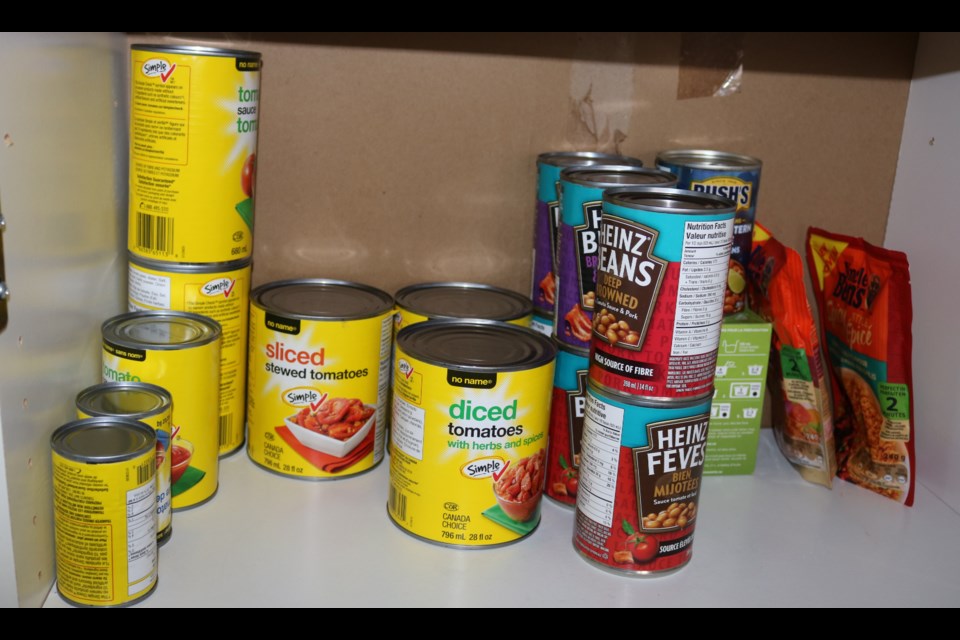At least there appears to be evidence on several levels that the vast majority of people are quite satisfied with trusting the supermarket as the source of food, which is as it should be if the food production system from farm to table is following all the regulations.
In fact, it seems we are actually moving toward an ever greater reliance on stores for our food.
Drive around a rural hub city such as Yorkton and that reality is seen in how few backyard gardens there are.
The one-time potato patch has been replaced by a gazebo. The pea patch is replaced by a storage shed, and the rest of the food garden replaced by lawn.
The desire to get home from work and weed the garden, or to shell and freeze peas simply isn’t there for many.
Now, you might think it different on the farm, especially given our rural history which is largely based on mixed farms, but that doesn’t seem the case either.
When I was a youngster, and yes that is now 50 years in the past, most farms kept some chickens, likely a few pigs, and almost certainly a huge garden.
Last week I visited a small farm where the first litter of pigs was happily nursing. The family wasn’t exactly wanting to farrow a sow, but they were finding it increasingly difficult to find weanling pigs to purchase which they could then grow out and butcher. The situation suggests there are simply fewer people producing pigs.
The same family had built a butcher shop for their own use, again not because they wanted the added work, but because finding a butcher shop doing custom work that was not booked for months in advance was becoming impossible.
If farmers were looking to produce their own food because of a perception it was better, one might expect local butcher shops to be doing a profitable trade that would spur growth of shops, not closures.
Of course in the end it comes down to a matter of dollars.
The family admitted raising their own chickens and pigs does not mean lower cost fare on the table, especially if they factor in a fair value for their time raising and butchering their food.
That is an interesting perspective and leaves a rather basic question, how have we arrived at a time where food can be produced hundreds of miles away, processed hundreds of miles away, trucked to a local store where it is stocked on a shelf, and all done at a lower cost than we can raise our own?
The answer is likely one consumers will not want to hear, but the food system as it exists costs too little in the store, with profits, especially for primary producers, less than it should be.
It is something to think about when next you walk down the store aisle.




